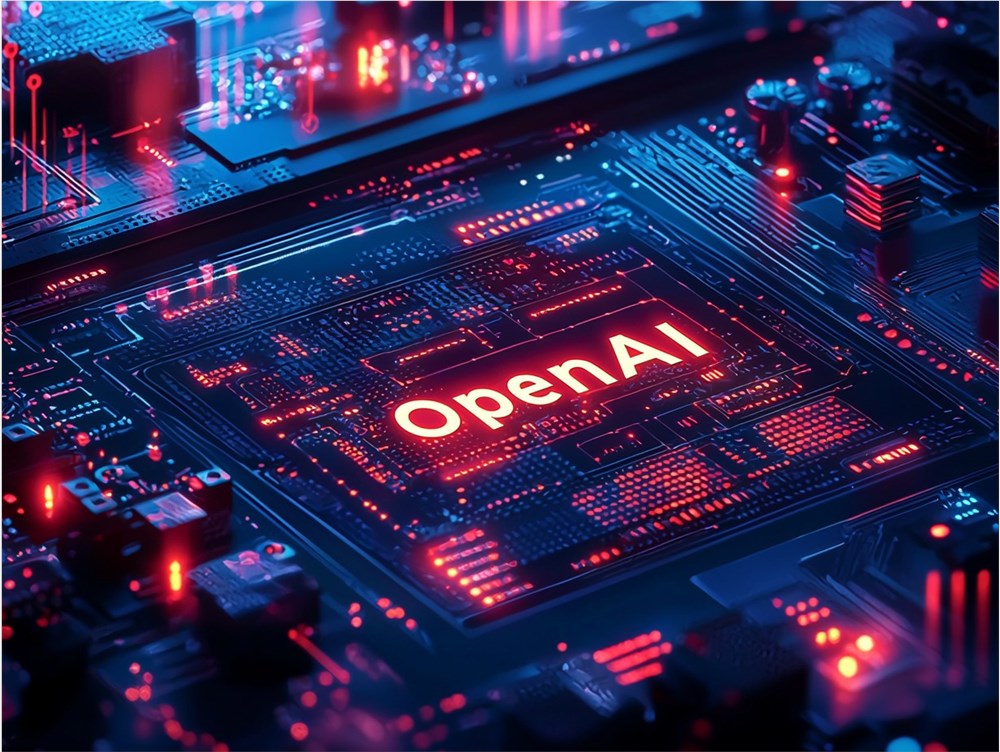NYT Gains Access to OpenAI User Data in Copyright Case
NYT Granted Access to OpenAI User Data in Landmark Copyright Case
In a significant development in the high-profile copyright infringement lawsuit between The New York Times and OpenAI, a federal judge has authorized the newspaper and its co-plaintiffs to access OpenAI's complete user logs - including deleted content. This ruling could have far-reaching implications for AI companies and content creators alike.
The Data Access Order
The court order, issued last month and confirmed this week after OpenAI's unsuccessful appeal, allows:
- Full access to ChatGPT user interaction logs
- Examination of deleted user histories
- Review of API usage data (with some enterprise/education exceptions)
The NYT argues this broad access is necessary because users might delete their history after bypassing paywalls. The newspaper contends these logs could prove OpenAI's large language models (LLMs) didn't just train on copyrighted material but may have directly copied content.

OpenAI's Strong Opposition
OpenAI has vigorously opposed this ruling, stating it violates "longstanding privacy norms." A company spokesperson told Ars Technica they intend to "continue fighting" the decision. Legal experts note this sets up a potential clash between:
- Copyright protection needs
- User privacy expectations
- AI development requirements
The timing is particularly sensitive as publishers negotiate with OpenAI about database search permissions and compensation models.
Broader Implications for Media Industry
The case goes beyond direct copyright infringement allegations. The NYT hopes to demonstrate that:
- ChatGPT summaries reduce click-throughs to original articles
- This "market dilution" harms publisher ad revenue
- AI companies benefit from this diverted traffic
Supporting this claim, a TollBit study found AI chatbots send 96% less traffic to publishers than traditional search engines - a trend already impacting news organizations' bottom lines.
Legal Precedents Taking Shape
The ruling follows similar cases where judges have shown increasing willingness to consider:
- Market impact alongside copyright claims
- Expanded discovery in digital copyright cases
- Publisher rights in the AI era
As one judge recently noted in a parallel case against Anthropic, evidence of market dilution could significantly strengthen copyright holders' positions.
Key Points:
- Federal judge grants NYT access to OpenAI's complete user logs
- Data includes deleted content and API usage records
- OpenAI calls ruling a privacy violation, vows continued fight
- Case may set precedent for AI-copyright battles
- Market dilution claims could reshape publisher-AI relationships